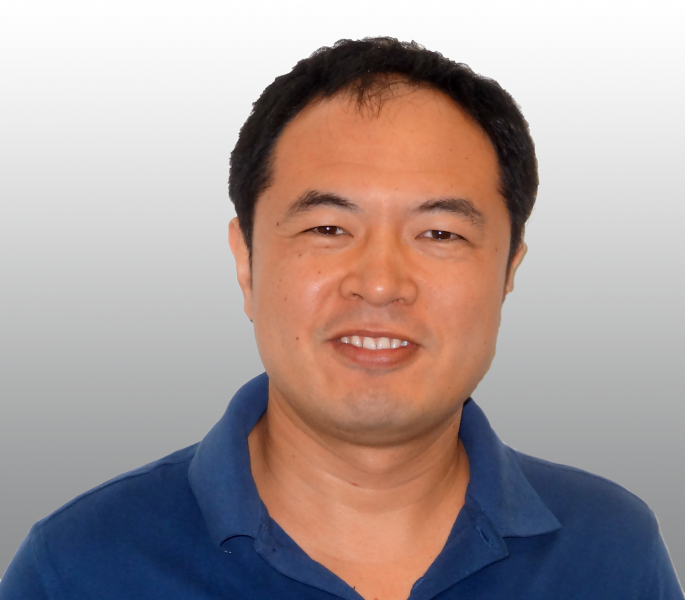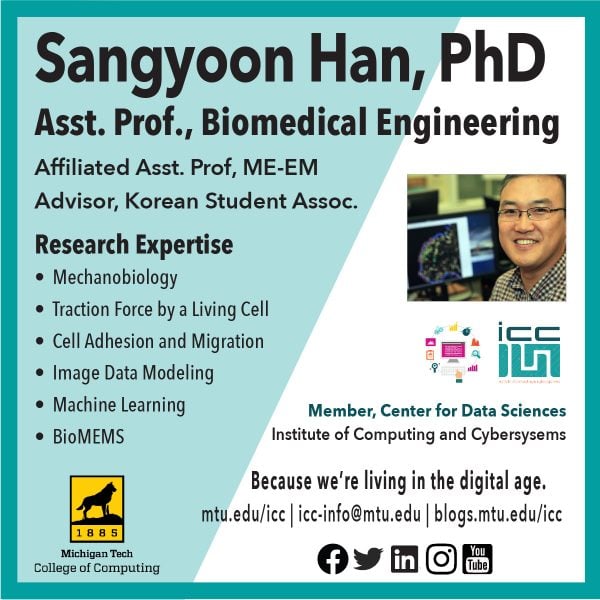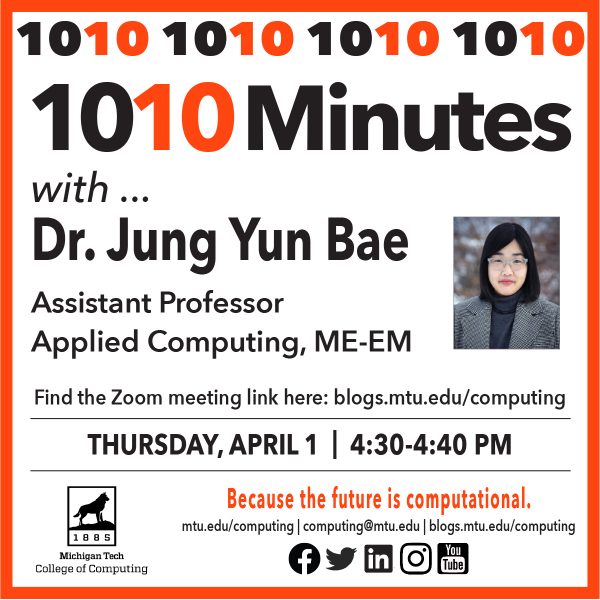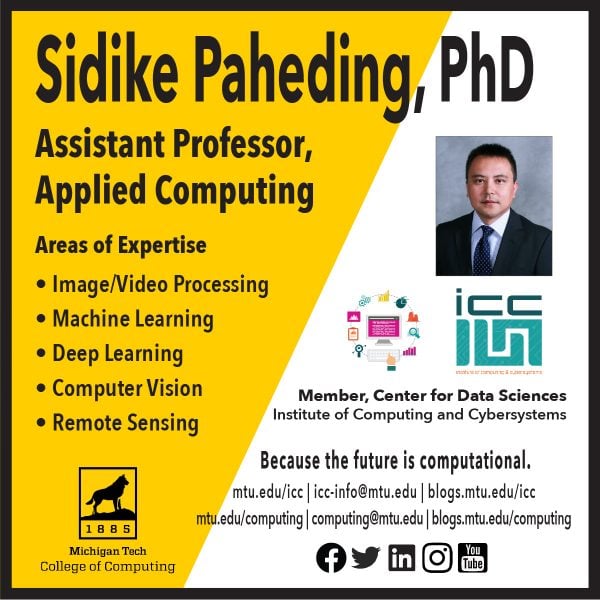by Cognitive and Learning Sciences
Department of Cognitive and Learning Sciences (CLS) chair candidate Kelly Steelman will give a talk from 3 to 4 p.m. Monday (April 12).
In the talk, she will share her administrative philosophy and goals for the department.





